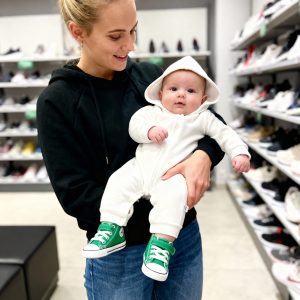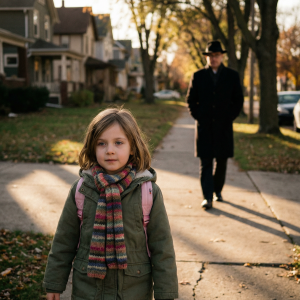A Ukrainian model says she was abused, held and left with life-changing injuries after attending a hotel party in Dubai — an incident that has resurfaced questions about a shadowy network of so-called “porta-potty” gatherings exposed in a recent BBC investigation. The woman, Maria Kovalchuk, was found by the side of a road in March with multiple fractures and has told reporters she feared she had been sold into sexual exploitation.
The allegation and the account
Kovalchuk, who has an online following and worked on content platforms, says she travelled to Dubai for one night after missing a flight and was introduced to a group of men in a hotel lobby who invited her to a party. According to interviews published with Russian outlets and reported widely abroad, she was mocked for not drinking, had her personal belongings — including her passport — taken, and was told, she says, “you belong to us,” as attempts to force her into sexual activity escalated. She says she tried to flee several times, was chased, and later woke up asking for help beside a road.
Kovalchuk’s injuries were severe: reporting indicates she suffered a broken spine and fractures to multiple limbs, underwent several surgeries and spent time in a coma. Her family and some foreign reporting say Ukrainian authorities have opened inquiries; Dubai police have offered a different preliminary explanation, saying she fell at a restricted construction site. The case remains contested and under scrutiny by multiple news outlets.
The broader probe: a BBC investigation
The episode is discussed in a wider BBC Eye investigation, Death in Dubai: #Dubaiportapotty, which explores allegations that vulnerable women are lured to elite parties in the emirate with promises of work and then subjected to degrading and often violent exploitation. The programme links the phenomenon to a string of suspicious deaths and testimonies from trafficked women and insiders, and has reignited debate about how such events circulate online and how they are policed.
Journalists behind the BBC project and other reporters document cases in which women with social-media profiles were allegedly targeted by organisers and wealthy attendees. The investigation highlights two prior tragedies — the deaths of Monic Karungi and Kayla Birungi, young Ugandan women who fell from high-rise buildings in Dubai — which were officially recorded as suicides but have fed concern among activists and families that exploitation and trafficking may be a factor in a wider pattern.
Evidence, official responses and contested narratives
Kovalchuk has alleged that CCTV footage that might have captured parts of the incident was erased before it could be preserved; she also says men detained by police were released quickly and no charges followed. Dubai police maintain their version that the model suffered injuries after a fall at a construction site, while Ukrainian investigators have opened a human-trafficking inquiry. Media coverage has so far relied on a mix of on-the-record family statements, the victim’s interviews, hospital reports and statements from law-enforcement bodies — and those sources do not all align.
That divergence — allegations of tampered or missing footage, differing forensic explanations and the rapid release of those briefly detained — is a central reason the story has attracted sustained coverage and demands for further, transparent inquiry from rights groups and journalists.
Why the story matters
Beyond the individual tragedy, the reporting has renewed attention to how social media, cross-border travel and informal recruitment channels can be abused by traffickers and organisers who target aspiring influencers and models. Investigations suggest the problem crosses national boundaries, involving promise-making on social platforms, luxury disguises and complex legal and jurisdictional obstacles when crimes are alleged in global hubs such as Dubai.
Conclusion
Kovalchuk’s account — and the other cases highlighted by journalists — has prompted calls for stronger protections for vulnerable migrants and clearer cooperation between countries and local authorities to preserve evidence and pursue alleged traffickers. For now, the facts about what happened to her remain contested: what is clear is that the case has added fresh urgency to a fraught, headline-grabbing conversation about exploitation in the shadows of global glamour.





